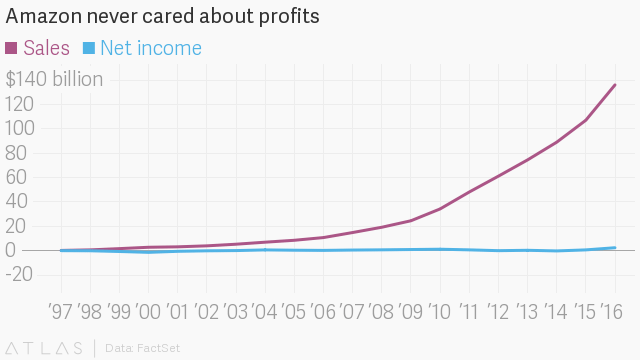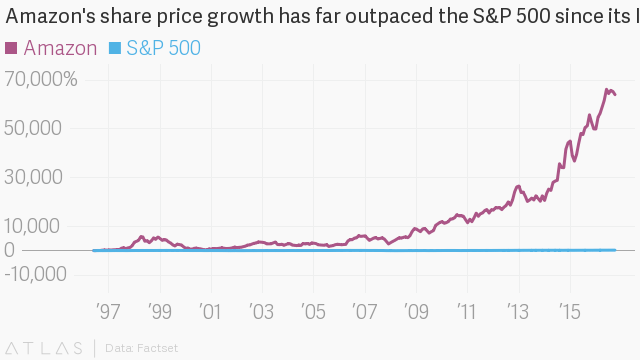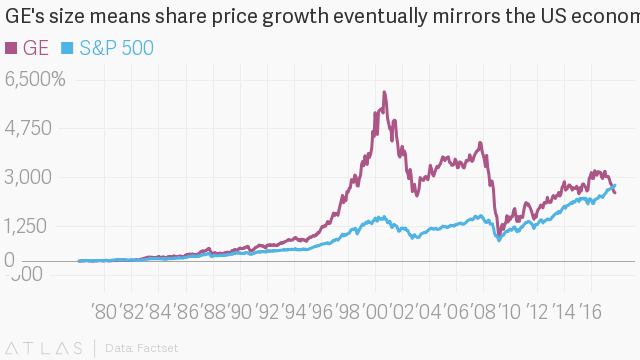Source: Say Hello to $3 Trillion in Forgotten Debt | Bloomberg Gadfly, by Chris Bryant Andrea Felsted
New accounting rules called IFRS 16 will force companies to include operating lease commitments as part of their reported debt and assets. U.S. companies will apply a new FASB standard that’s broadly similar to IFRS 16, albeit not in all respects.
…
At the very least, the rule change should give armchair investors, not to mention a company’s customers, employees and suppliers, a much better idea of how risky a business is compared to rivals.
Accounting reform can also affect corporate behavior. When British companies had to start recognizing the full liability for defined benefit pensions on financial statements, a lot of those “final salary” plans ended up closed.
It’s conceivable therefore that IFRS 16 will affect corporate decisions on whether to rent or purchase an asset. Consider sale and lease-back arrangements. These were once a popular way for companies to get their hands on some cash and a quick chance for executives to make themselves look like geniuses. All of a sudden, return on assets improved.
Now, if all that rented floor space has to sit on the balance sheet anyway, selling off the corporate silverware might become less attractive. Buying big ticket assets, rather than leasing, is also cheaper now because of low interest rates.


